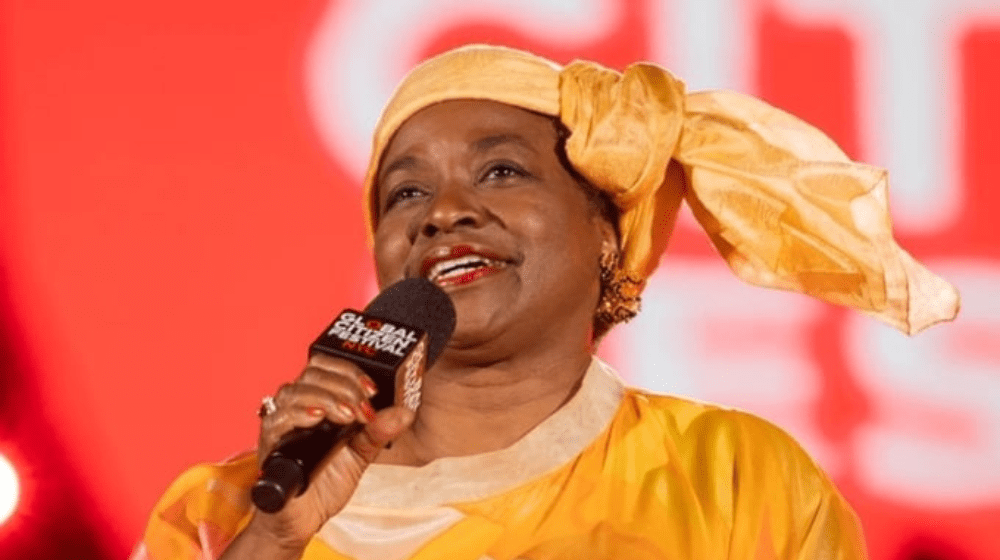End discrimination to ensure the right to health for all
On World Health Day, we celebrate the successes achieved since the adoption of the 1994 International Conference on Population and Development (ICPD) Programme of Action in Cairo, which placed sexual and reproductive health and rights at the heart of development.
Since Cairo, more women enjoy the right to health and are able to exert agency over their own bodies and fertility. More women have access to modern contraception, fewer women are dying in pregnancy and childbirth, and teen pregnancy rates have fallen.
Still, too many women and girls have been left out of that progress. Even as we accelerate efforts to fulfill the promise of the ICPD and the Sustainable Development Goals, healthier lives remain out of reach for far too many people, especially those from underserved communities.
Although the global average maternal mortality rate has declined significantly in the past three decades, a woman still dies every two minutes due to preventable pregnancy- and childbirth-related complications. Deaths occur at much higher rates in poorer countries: the lifetime risk of maternal death is 1 in 49 in low-income countries, compared to 1 in 5,300 in high-income countries.
Discrimination in all its forms contributes to poor maternal health outcomes. Even in better-off countries, maternal death rates are higher among communities that continue to confront racial and other prejudices in everyday life. UNFPA research finds women of African descent in the Americas are more vulnerable to mistreatment and neglect by health-care providers.
We can and must do better. It’s time to end the discrimination and exclusion that women, in all of their diversities, continue to experience when they seek sexual and reproductive health care.
Justice and equality will only be possible when our healthcare systems provide everyone with access to the respectful, compassionate, and quality care they deserve.
Today and every day, let us uphold the right of all people to reach the highest possible standard of health, free from discrimination, coercion, and violence. Let us champion sexual and reproductive health and rights for all as the path to a sustainable future where everyone can realize their potential.



